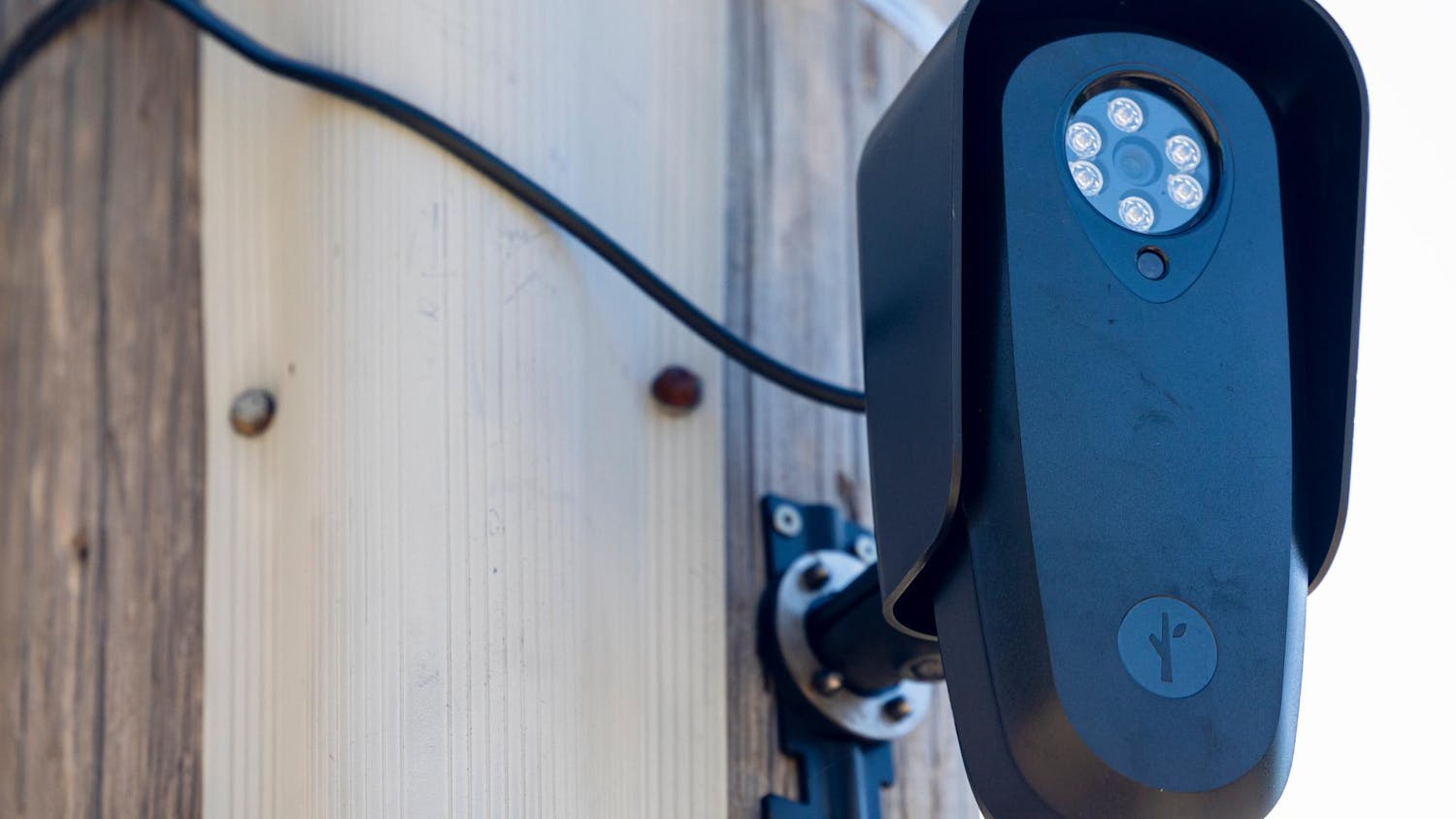Money from Indiana’s racinos could be allocated to provide loans to motorsports businesses as the result of two Senate bills.
Senate Bill 91 establishes a “motorsports investment district” and authorizes horse racing associations and racino, a combination of a casino and racetrack, licensees to negotiate the amount of slot machine receipts that support the horse racing industry, according to the bill.
The bill provides $200 million in loans to the Indianapolis Motor Speedway and other motorsport industries in the state.
Senate Bill 528 allows the horse-racing commission to reduce the percentage a permit holder needs to retain from wagered amounts, if the amount is retained in the best interests of racing in the State, according to the bill.
SB 528 dedicates $10 million a year in slot machine revenue for the speedway bond and other racing projects.
The bill also allows Indiana casinos to omit wagering taxes as much as $3 million in promotional free play in 2014 and $5 million in 2015.
SB 91 initially failed 48-47 during the first vote in the House. Because there was not a majority against the bill, it was eligible for recall.
After the recall, the bill passed 56-36. SB 91 also creates a $1 tax on tickets for major events at the Indianapolis Motor Speedway.
“Indiana’s gaming industry is not only a key generator of tax revenue for this state, but it is responsible for the creation of thousands of Hoosier jobs,” Sen. Phil Boots, R-Crawfordsville, author of SB 528, said in a news release. “Because of competition from surrounding states, the success of our gaming industry is being threatened.”
SB 528 passed the House with a 73-17 vote and will be heard in a conference committee.
“Though Senate Bill 528 has seen several changes as it moved through the legislative process, I remain confident the General Assembly will pass a bill this session to help Indiana’s gaming industry stay competitive under changing market conditions,” Boots said. “Lawmakers in both the House and Senate are currently working to find consensus on this vital issue for our state.”
— Matt Stefanski
Motorsport industry could improve with bill
Get stories like this in your inbox
Subscribe



